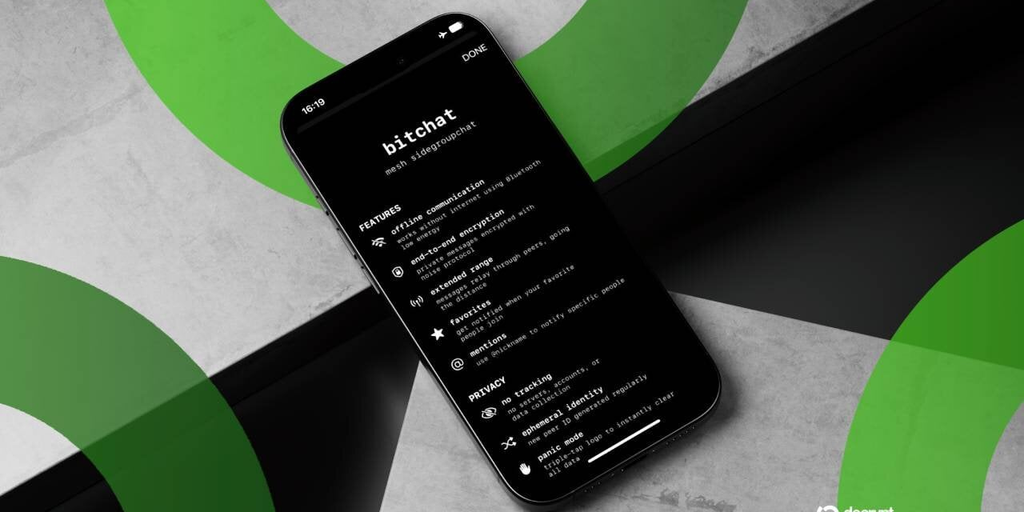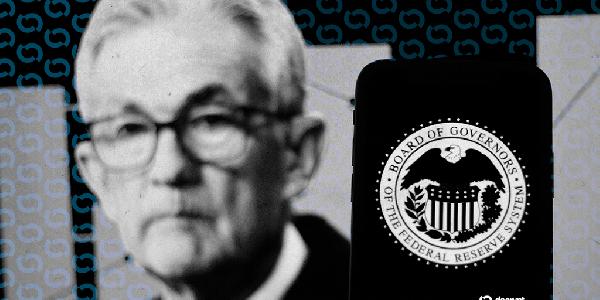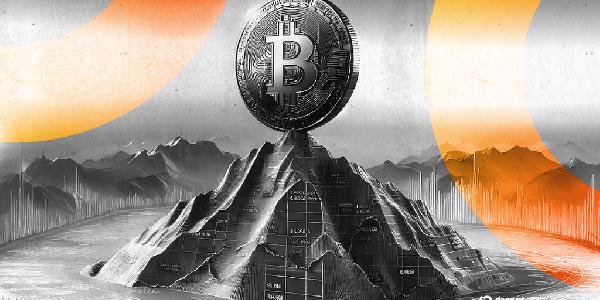Nepal’s social media ban has turned Jack Dorsey’s new decentralized chat app into a protest tool.
After authorities blocked 26 major platforms, including Facebook, WhatsApp, YouTube and Instagram, tens of thousands of Nepalis downloaded Bitchat, a messaging app that works without internet or accounts first developed by Jack Dorsey, co-founder and former CEO of Twitter (now X).
Downloads jumped from just over 3,300 last Wednesday to 48,781 by Monday, a surge of nearly 1,400 that made Nepal the app’s largest user base worldwide, according to data from an open-source developer who goes by callebtc.
The developer identified a "sudden spike" in Bitchat downloads in Indonesia during nationwide protests in the previous week. “Today we‘re seeing an even bigger spike from Nepal during youth protests over government corruption and a social media ban.”
The ban, intended to curb unrest, instead drew more young Nepalis into the streets. At least 34 died in clashes, government buildings burned, with Prime Minister K.P. Sharma Oli resigning on September 9, before the ban was lifted.
Decentralized apps as protest tools
Observers say decentralized apps offered a measure of autonomy at a time when confidence in authorities have faltered.
"Decentralized and censorship-resistant messaging applications will see an explosion in adoption,” Christian Ruz, account director at crypto-native agency Hype, told Decrypt.
Governments are “becoming more authoritative as the current tools allow them to restrict access, content, communications, and even shut down the Internet if they want to,” he said.
Ruz points to a broader “authoritarian system that didn‘t do anything for decades” that has pushed people to “an era where government powers extend too far into daily society.”
Applications like Bitchat are “helping young people change their society, demand better living conditions, more economic opportunities, and stop corruption on a large scale,” he said, adding that decentralized apps like it could “challenge the status quo and help the people protest for better human conditions.”
Nepal, Indonesia and beyond
In Indonesia, protests erupted in late August after lawmakers approved steep allowances for themselves. Tensions escalated when a 21-year-old rideshare driver, Affan Kurniawan, was killed by a police armored vehicle during demonstrations.
President Prabowo Subianto condemned the response as “excessive,” but anger had already spread nationwide. Days later, on September 8, the country’s Finance Minister was relieved from her office with only an hour’s notice, per a Reuters report.
Concerns over digital repression during the protests, including surveillance, online harassment, and takedowns were raised by the Southeast Asia Freedom of Expression Network in a public statement. About 11,000 Indonesians turned to Bitchat as the repression unfurled, per callebtc’s data.
“Indonesians in lower to mid income range face difficulties and struggle in terms of the economic condition,” Wan Iqbal, a former director at Indonesia’s top crypto exchange, told Decrypt at the onset of the protests.
Asked about the reasons behind the protests, Iqbal said that Indonesians had hoped “the government can help in terms of initiative and policy that can support them, but because many recent policies are facing backlash from a larger audience, they felt no empathy."
Your Email









